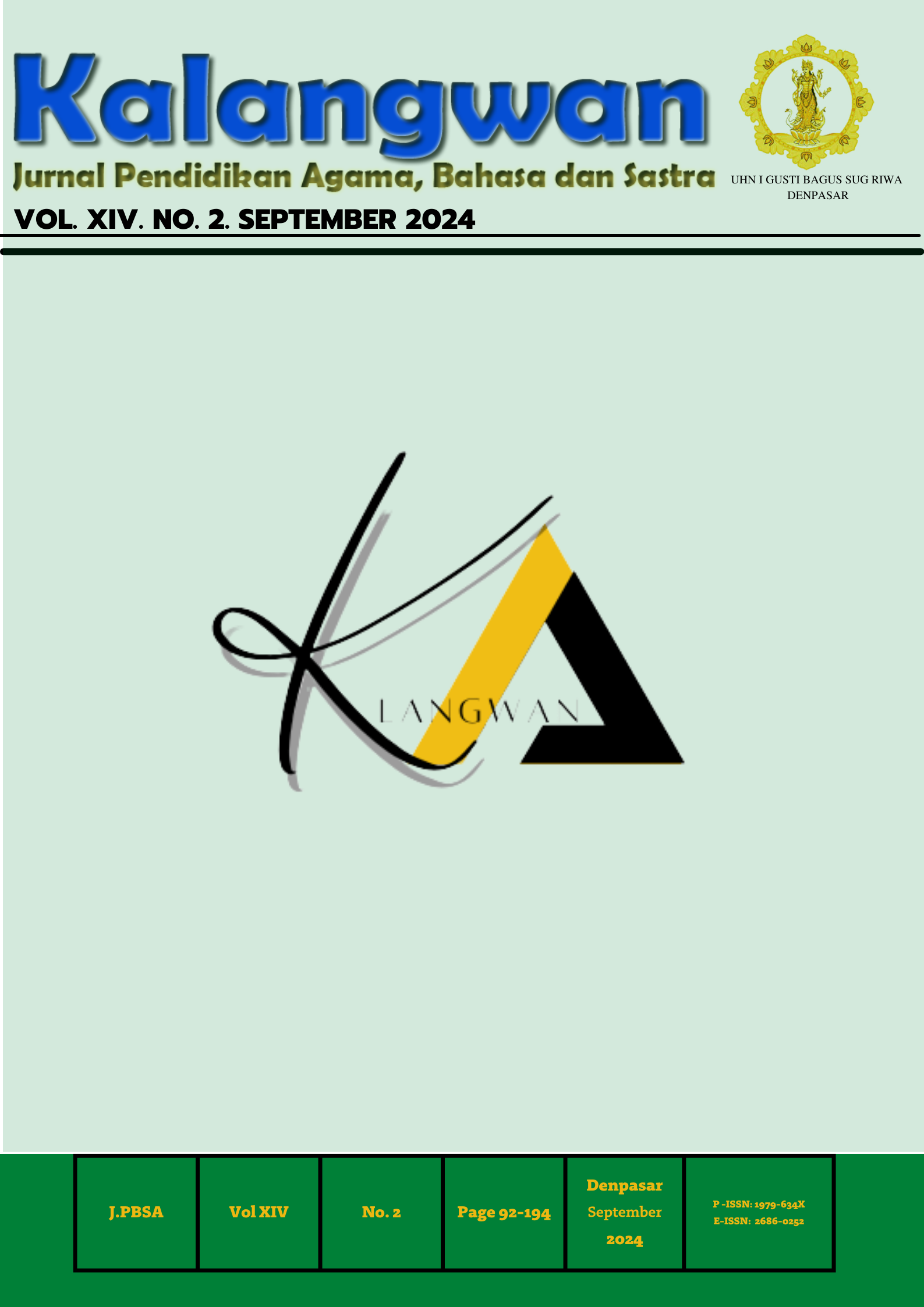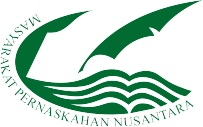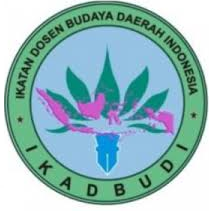KEBERADAAN GURU NON BIDANG BAHASA BALI DALAM PEMBELAJARAN BAHASA BALI DI SMA PGRI 4 DENPASAR
DOI:
https://doi.org/10.25078/kalangwan.vi.4085Keywords:
Balinese Language Learning, Non-Field Teacher, SMA PGRI 4 DenpasarAbstract
Balinese, as a regional language that isrich in culture and history,has an important role in maintaining the identity and cultural heritage of the Balinese people. However, rapid globalization and modernization threaten the sustainability of the Balinese language, especially in the realm of education. Based on PERDA No. 1 of 2018, Balinese Literary Language and Script are cultural heritage that must be preserved. Unfortunately, the use of Balinese is declining, especially in daily communication. Balinese language lessonsin schools are very importantto ensure the continuity of this language. However, there are various challenges, especially the lack of teachers who are competent in teachingBalinese, especially in remote areas. Non-specialist teachers who do not have the appropriate educational background are often relied on to teachBalinese, which results in difficulties in the learning process. This research aims to explore the challenges faced by non-specialist teachersin teaching Balinese at SMA PGRI 4 Denpasar, as well asthe strategiesthey use to overcome these challenges. The theories used in this researchare behaviorism and constructivism, which are relevant in understandingthe dynamics of teaching and learning. The method used is descriptive qualitative, which allows researchers to get an in-depth picture of the subjective experiences of teachers. Data was collected through observation, interviews and field documentation. It is hoped that the results of this research will provide better insight into how to improve thequality of Balinese language teaching in schools, as well as provide practical strategies for overcoming the lack of human resources in the field of Balinese language education.












